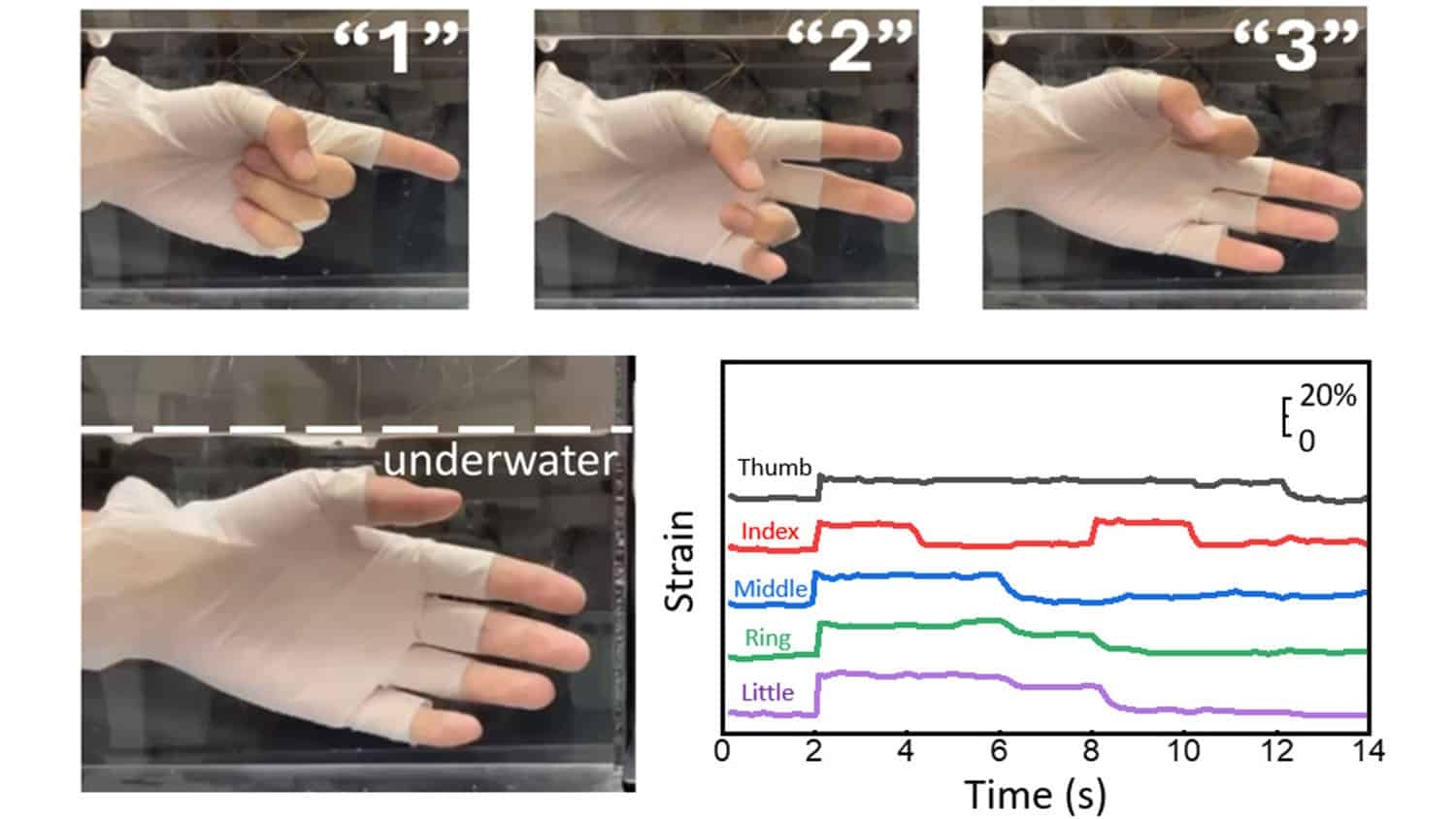One Way Social Work Researchers Can Better Understand Community Needs – and Move the Field Forward
Researchers are calling on the social work community to begin incorporating a methodology called “discrete choice experiments” (DCEs) into their research, to better understand the needs and preferences of key stakeholders. This technique is well established in other fields but is rarely used in social work.
“Social workers need to engage with a wide variety of stakeholders, from policy makers to the people who use social services,” says Alan Ellis, an associate professor of social work at North Carolina State University and corresponding author of a paper introducing social work researchers to the DCE methodology.
“But social work, as a research discipline, has not identified a standard technique for eliciting the preferences of those stakeholders – even though this is a critical issue,” Ellis says. “Although traditional survey methods can be used to evaluate stakeholder perspectives, the DCE is one of several methodologies that were specifically designed to assess the degree to which people prioritize one thing over another. In this paper, we propose that social work researchers adopt DCEs as a robust tool for capturing stakeholder preferences on any number of issues.”
In a DCE, researchers ask participants to complete a series of choice tasks: hypothetical situations in which each participant is presented with alternative scenarios and selects one or more.
“For example, social work researchers may want to know how parents and other caregivers prioritize different aspects of mental health treatment when choosing services for their children,” Ellis says. “A DCE can explore this question by presenting scenarios that include different types of mental health care providers, treatment methods, costs, locations and so on. Caregivers’ stated choices in these scenarios can provide a lot of information about their priorities.”
DCEs were first developed by marketing researchers and are now widely used in fields ranging from transportation to healthcare.
“We know that DCEs effectively capture preferences on a wide variety of subjects,” Ellis says. “We simply want to begin using them more consistently to address issues that are important to stakeholders in social work.
“From a pure research standpoint, having a better understanding of stakeholder needs and preferences can move the field forward by helping us develop better research questions and better studies,” says Ellis. “Beyond that, having a better understanding of our clients’ preferences and goals will make us better social workers. Adopting DCEs can strengthen the link between social work research and practice – and ground our research, policy, and practice in the values that are important to the people we serve.
“I’m optimistic that DCEs could help us collaborate with stakeholders to effect positive change.”
The paper, “How to Use Discrete Choice Experiments to Capture Stakeholder Preferences in Social Work Research,” is published in the Journal of the Society for Social Work and Research. The paper was co-authored by Qiana Cryer-Coupet of Georgia State University, Bridget Weller of Wayne State University, Kirsten Howard and Rakhee Raghunandan of the University of Sydney, and Kathleen Thomas of the University of North Carolina at Chapel Hill.
The work was partially supported by the Patient-Centered Outcomes Research Institute.
-shipman-
Required acknowledgement and disclaimer: Research reported in this press release was partially funded through a Patient-Centered Outcomes Research Institute (PCORI) Award (PCORI-ME-1602-34572).
The statements in this press release are solely the responsibility of the authors and do not necessarily represent the views of the Patient-Centered Outcomes Research Institute (PCORI), its Board of Governors, or its Methodology Committee.
Note to Editors: The study abstract follows.
“How to Use Discrete Choice Experiments to Capture Stakeholder Preferences in Social Work Research”
Authors: Alan Reid Ellis, North Carolina State University; Qiana Renae Cryer-Coupet, Georgia State University; Bridget E. Weller; Kirsten Howard; Rakhee Raghunandan; and Kathleen C. Thomas
Published: forthcoming, Journal of the Society for Social Work and Research
DOI: 10.1086/731310
Abstract:
Objective: Social work values, ethics, and goals require engaging with diverse stakeholders and understanding their preferences. Yet, to date, social work researchers have rarely used a valuable preference elicitation methodology: the discrete choice experiment (DCE). This article introduces DCEs and suggests social work applications.
Method: We describe DCEs broadly and orient readers to DCE design and implementation.
Results: In a DCE, researchers ask participants to complete a series of choice tasks: hypothetical situations in which each participant is presented with alternative scenarios and selects one or more. Like most studies, a DCE begins with a research question, followed by a multi-step study design process, instrument design, data collection, analysis, interpretation, and reporting.
Conclusions: Because DCEs focus on eliciting accurate preference information from stakeholders, DCEs fit naturally with social work values, standards, and research and practice models, which emphasize social justice and stakeholder engagement. Therefore, DCEs have innumerable applications in social work research. Incorporating DCEs into social work could ground research, policy, and practice more fully in stakeholder values, producing more relevant research and more efficient and effective translation to policy and practice.
This post was originally published in NC State News.


